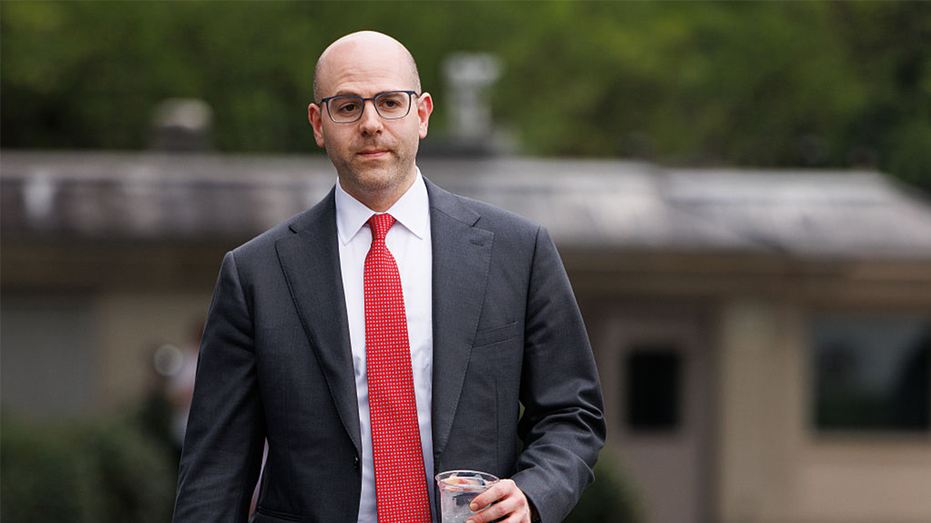FIRST ON FOX: A new report from the Council of Economic Advisers (CEA) found that the prices of imported goods have fallen this year and have dipped faster than overall goods prices since February.
The CEA, an agency within the Executive Office of the President, said its findings contradict claims that the Trump administration’s tariffs on many countries around the world or fears sparked by the levies would lead to a rise in inflation.
The report breaks down the Personal Consumption Expenditure (PCE) Price Index, which is an inflation gauge watched closely by the Federal Reserve and financial markets, and the Consumer Price Index (CPI), which is an inflation gauge most commonly used by the public, into imported and domestic components.
TRUMP ANNOUNCES 25% TARIFFS ON JAPAN, SOUTH KOREA
Overall goods prices in the PCE index jumped by 0.4% from December through May, which corresponds to a 1% annualized rate, according to the CEA report. Meanwhile, the imported component of PCE goods prices dropped by 0.1% during that same time period.
“CEA’s directional findings using this method of analyzing the PCE are consistent across core goods (excluding food and energy), durables (which last for at least three years), and nondurables,” the report reads. “The import contribution to inflation includes both the direct impact of imported final goods for consumption and indirect effects of imported intermediate inputs.”
The report said similar analysis for the CPI showed that imported goods dipped 0.8% while overall goods prices remained flat.
TRUMP THREATENS ADDITIONAL 10% TARIFFS ON ‘ANTI-AMERICAN’ BRICS NATIONS

There are several differences between PCE and CPI inflation, such as scope of products included and weighting methodologies, according to the report, which argued that finding a similar pattern for CPI highlights the robustness of the results.
The CEA report said it compared the imported subindex to overall prices from December through May to capture the effects of President Donald Trump’s policies in his second administration.
“The results clearly show the price of imported components declining, starting in March, while overall prices were close to unchanged or increased slightly,” the report reads. “Cumulatively, overall PCE prices have increased by about 1.1% since December compared to about 0.2% for PCE import prices. However, those values include pricing for services, which tend to have lower import intensity, so the divergence could be due to stickier services prices.”

The CEA also acknowledged that its analysis “does not identify the counterfactual in which tariffs are not instituted.”
“Goods and imported goods prices started to diverge towards the end of 2023, and have continued since,” the report says. “Importantly, there is no clear trend break so far this year. This analysis suggests that tariffs have not reduced the disinflationary impulse from imported goods as of May.”
Read the full article here
















